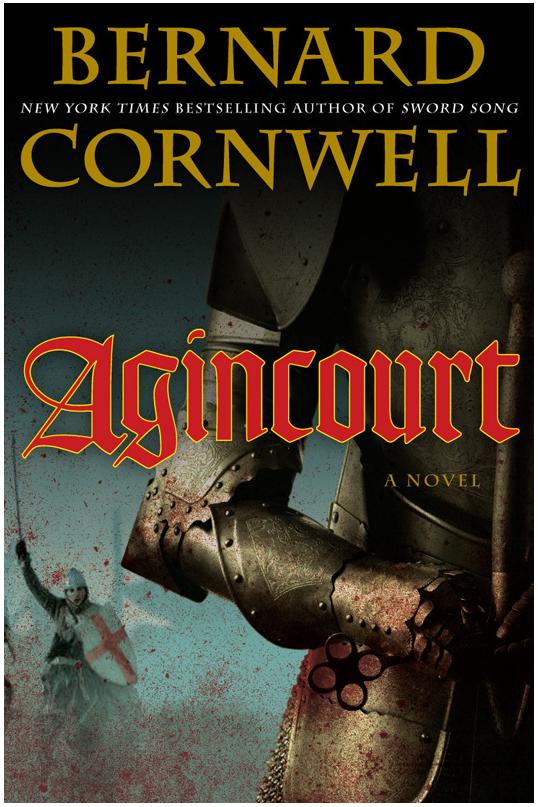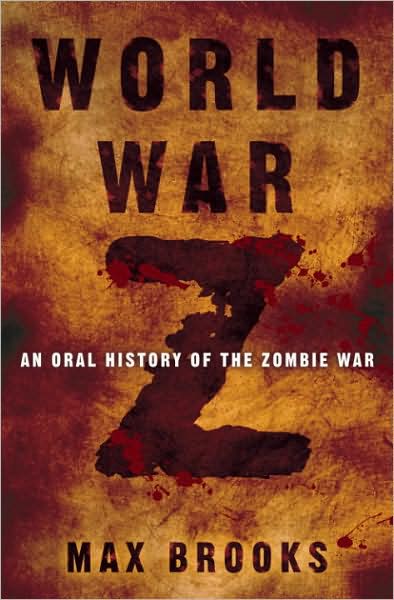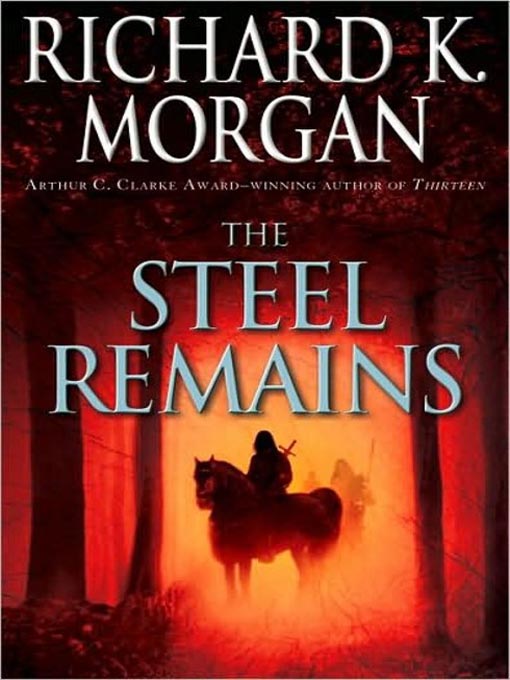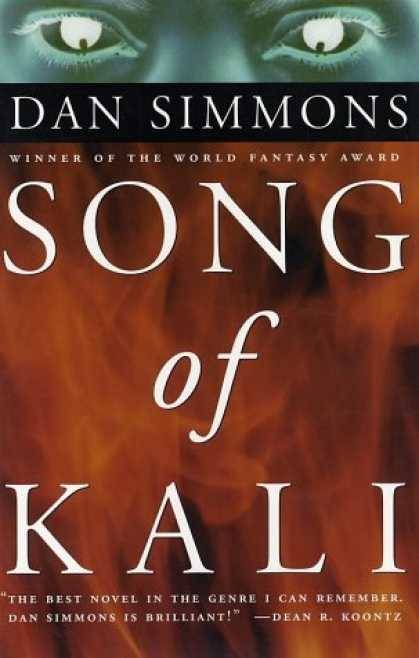I was a big reader when I was a kid, but I fell out of the habit in my college years. Actually, it wasn't just reading that fell to the wayside. To be honest, almost all of my absorption of culture disappeared for a spell when I went to college. Isn't that odd? It seems completely contrary to what you'd expect, yet for me, that's how it worked. Slowly but surely, though, I began to reenter the culture pool. Television, theatre, movies, museums, current events... but narrative fiction lagged behind. Finally, two years ago, I began reading again. Since then, I've been making up for lost time, voraciously consuming whatever I can get my hands on.
In the interest of spreading my rekindled passion for reading, I'm going to begin providing capsule reviews of books I've read since my love affair with writing was renewed in summer of 2009. But there's more to this exercise than just sharing my opinions. I want to determine why I reacted to the book in the way that I did. I want to see if I can pinpoint what it is precisely that draws me to or repels me from a book. It's easy to say, "I liked it," or, "It wasn't for me," but it's harder to isolate what really makes a story sink or swim. I believe that putting into words what exactly it is about a story that affects me (or fails to affect me) may improve my own writing, and after rekindling my love of reading, I think I'd like become a better writer myself. Maybe there will come a day when I can give something back after drawing so much enjoyment from those who tell great tales. First, some notes about how I'll be grading and my personal reading tastes:
- I am reviewing books in the order in which I read them, starting with Agincourt, the book that rebooted my reading habit two years ago. I intend to eventually review 20 books in all. This will probably take months to accomplish. I will post new reviews as I find time, and I welcome your thoughts on each review.
- I'm choosing to focus solely on fiction. One reason is that fiction is what we write here in the PEBA, so I feel reviewing what makes great (and not so great) fiction is most applicable to our circumstances. Another reason is that including non-fiction books would make for just too many reviews to write!
- I am an apologetic genre fan. I'm cognizant of the disrespect genre fiction receives from many critics. I realize that I'll always be viewed as a "lowbrow reader" as long as I embrace genre fiction over literary fiction. I'd like to say that "looking down the nose attitude" doesn't get to me, but I'd be lying. I sometimes feel like I should be more drawn to literary fiction. Fortunately, I quickly realize the ridiculousness of that guilt (and I'm not the only one). "Be true to thine own self," they say. Mine own self is a genre fan. The critics will simply have to forgive me and my knuckle-dragging brethren.
- In the past, I considered myself an "easy grader". Generally speaking, I liked most of what I read/watched/viewed. But as I've become more interested in the process of creating art, I've found myself becoming more critical of art. Consequentially, you're going to notice that I don't give shining grades to a number of these books. In fact, I might seem downright hard on some of them. This is not going to be a "nothing but winners" list; I have bones to pick in many cases, and pick them I shall.
- You may ask, "If you weren't liking a book, why did you finish it? Why not just drop it an move to something else?" Good question. The answer ties into what I'm trying to accomplish with this thread, which is to improve my writing. I believe that only consuming the best of the best is not conducive to learning to write well. It's critical that we be critical, and that means slogging through the not-so-good to figure out why we don't like it. What are the story's missteps? Am I replicating those missteps in my own writing? More than once, I've found that, yes, I am. So reading the not-so-good can be just as instructive as the great... maybe more so, actually.
- Finally, although I've titled this thread "John's book reviews and story insights", I do not mind if you choose to post your own reviews here. I ask that if you do choose to post a review in this thread, however, that you adhere to the format I am using. That means both using my review layout format (copy and paste from a quote of my first review to get a template of this format) and providing a moderately fleshed-out review with a focus on verbalizing why the story did or didn't resonate with you and what you learned from your reading experience.










